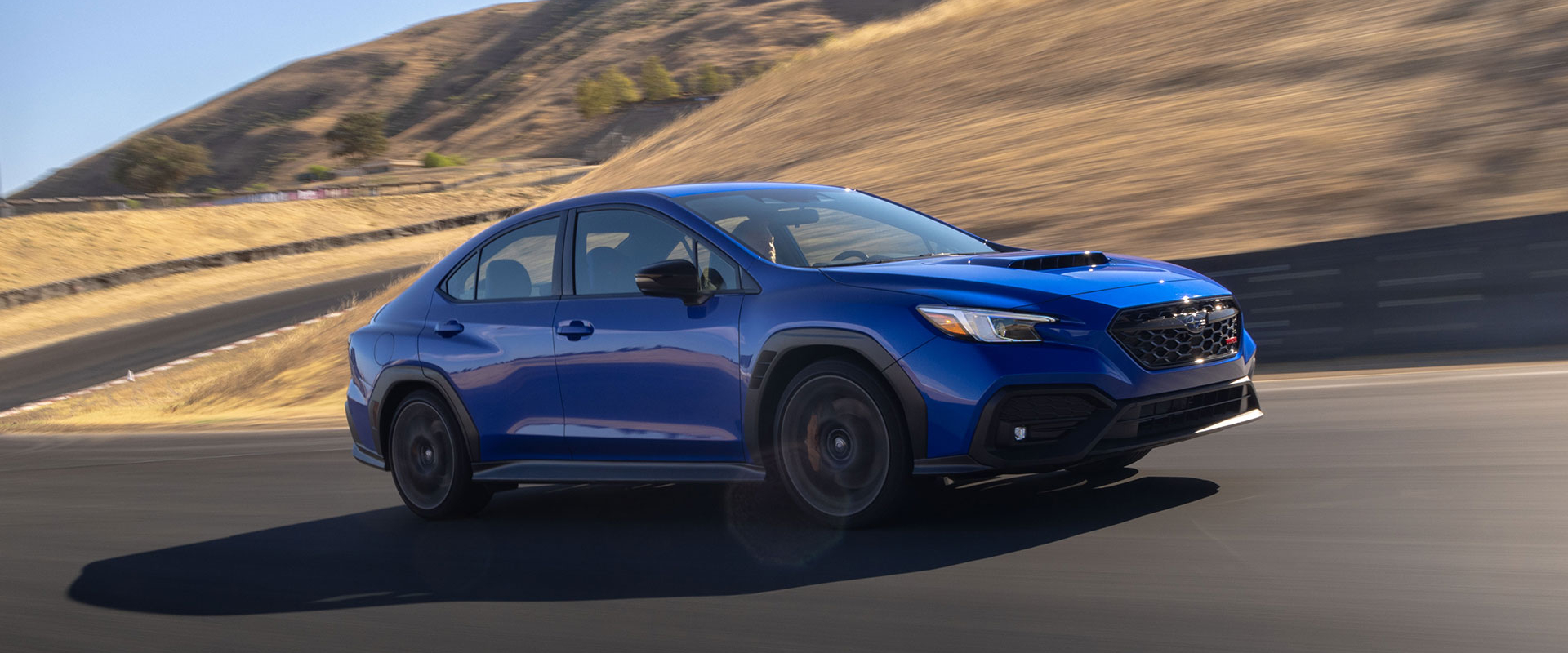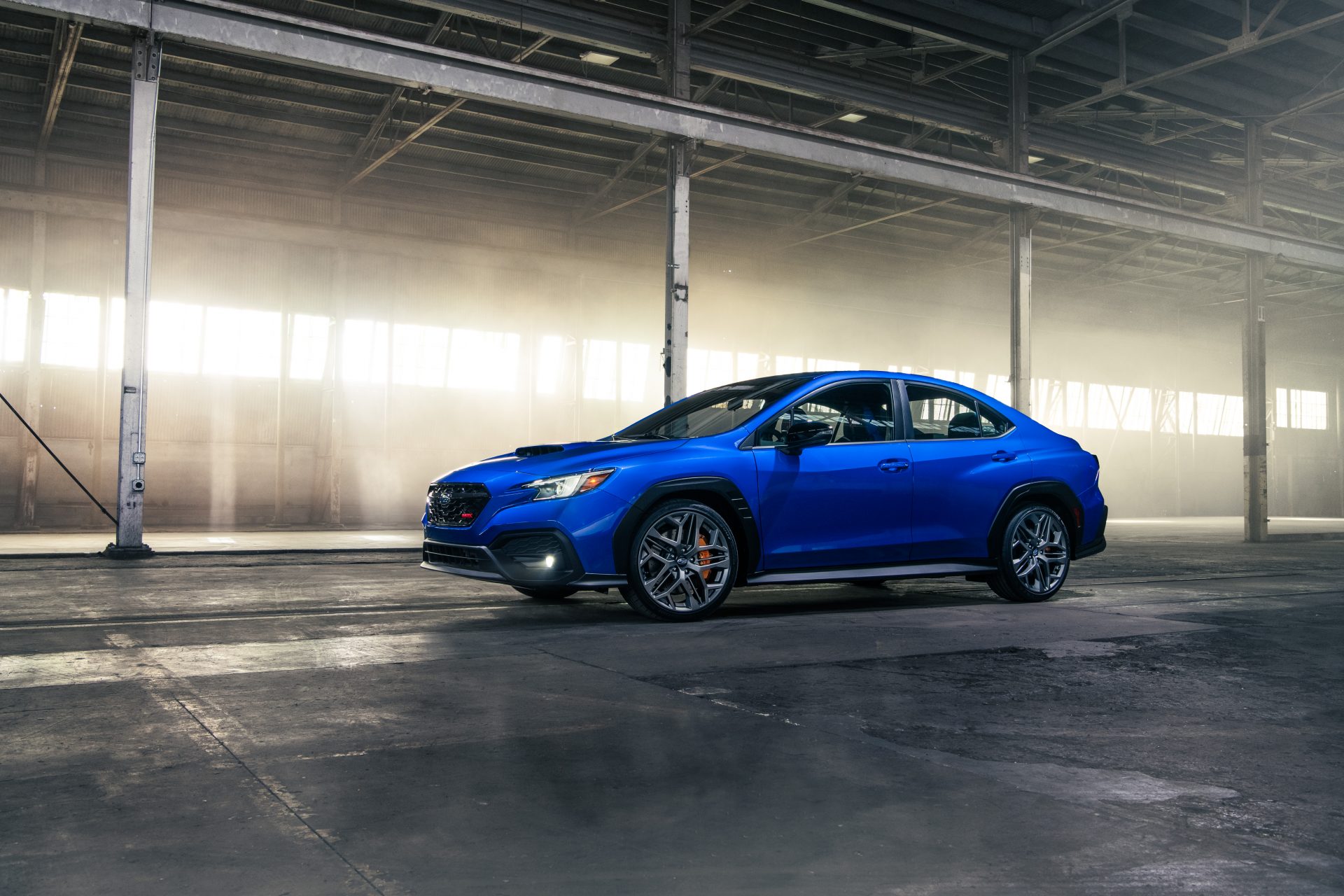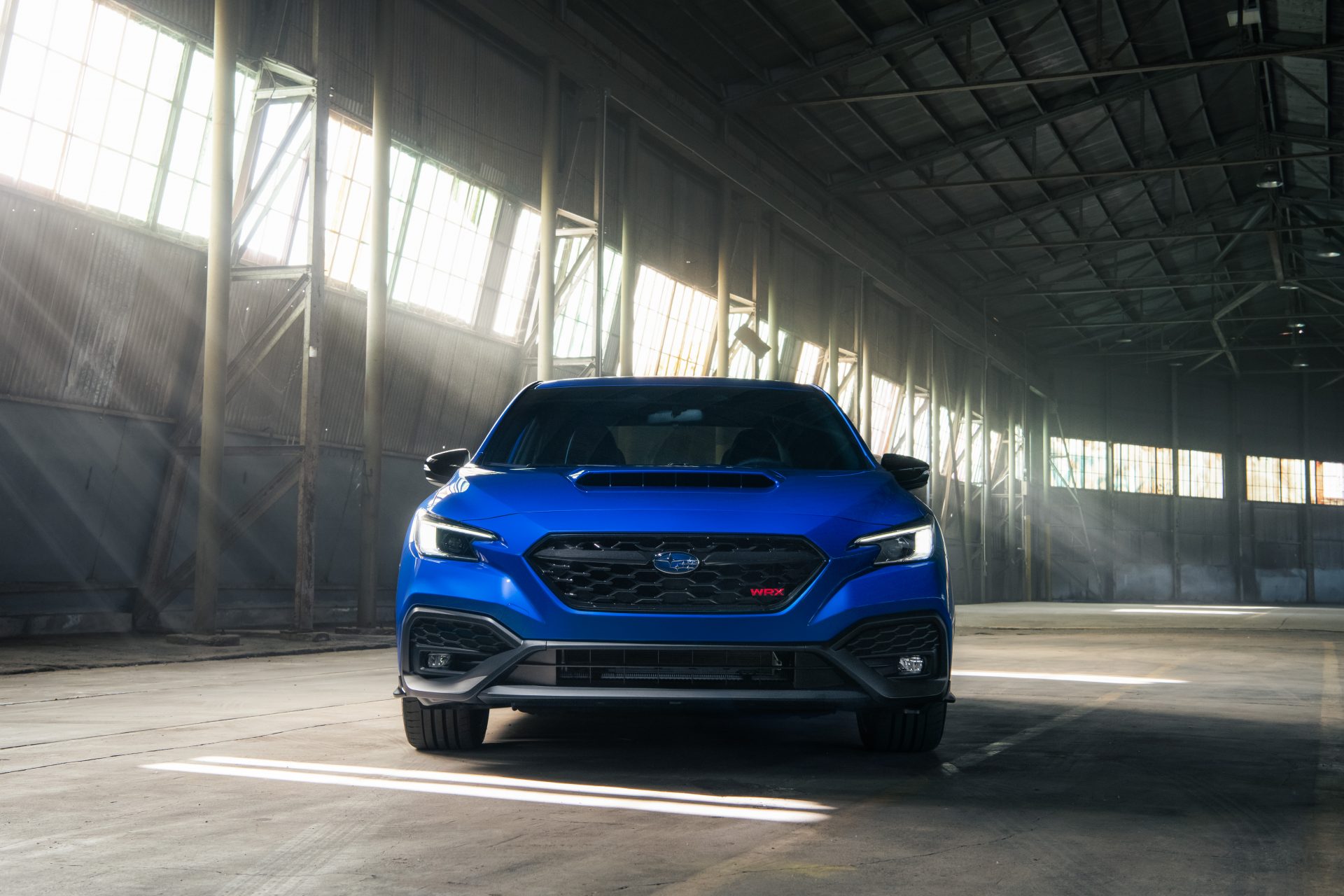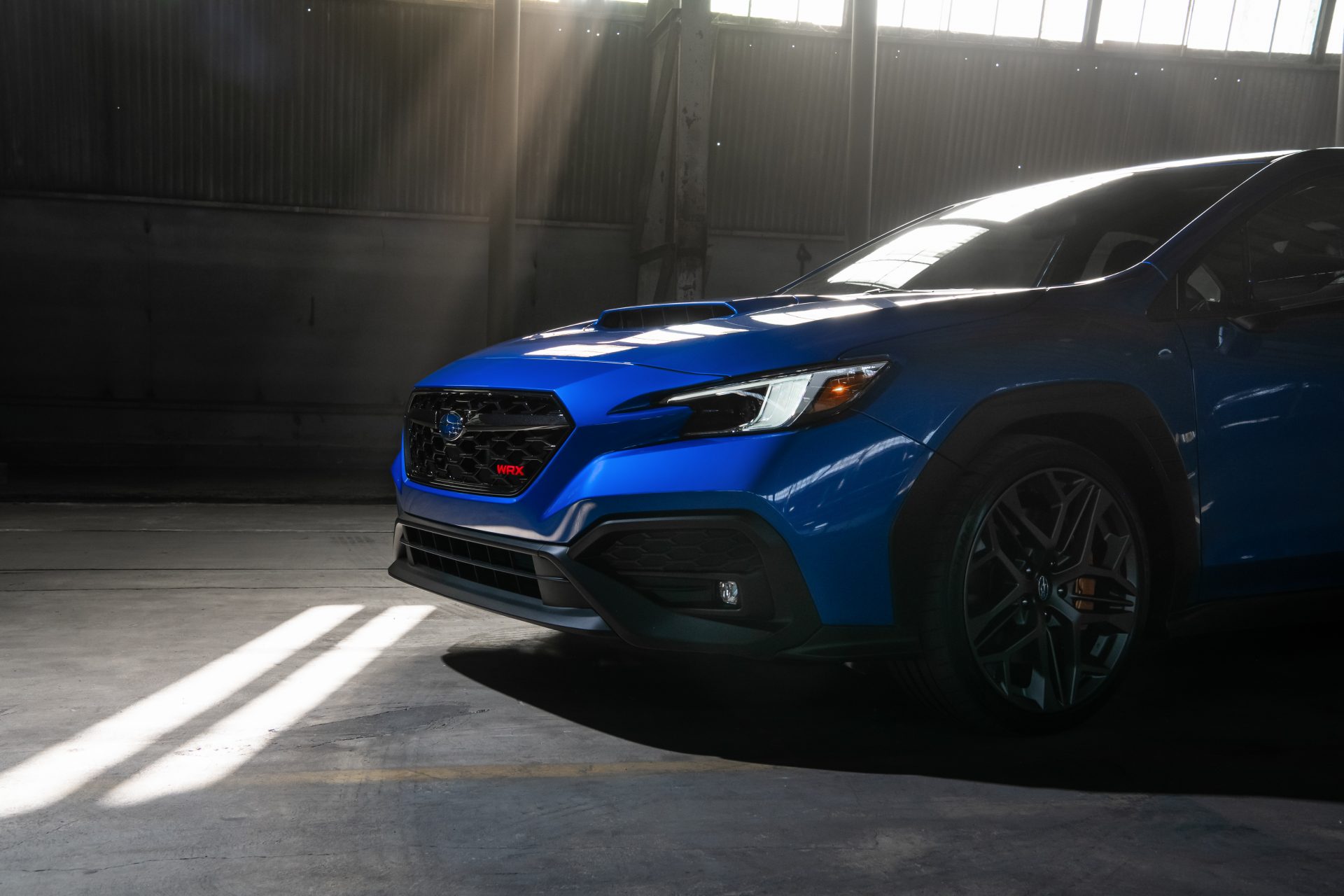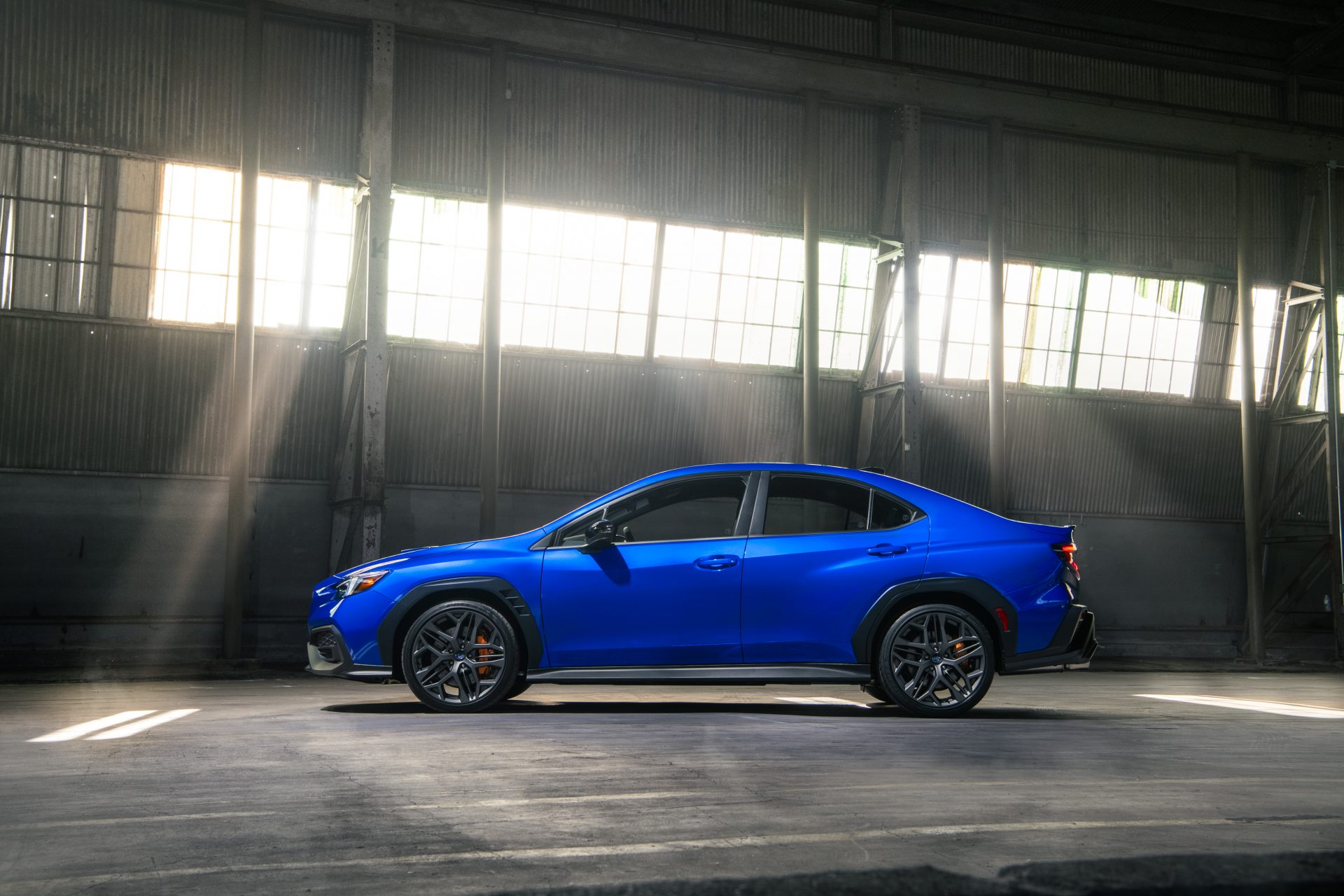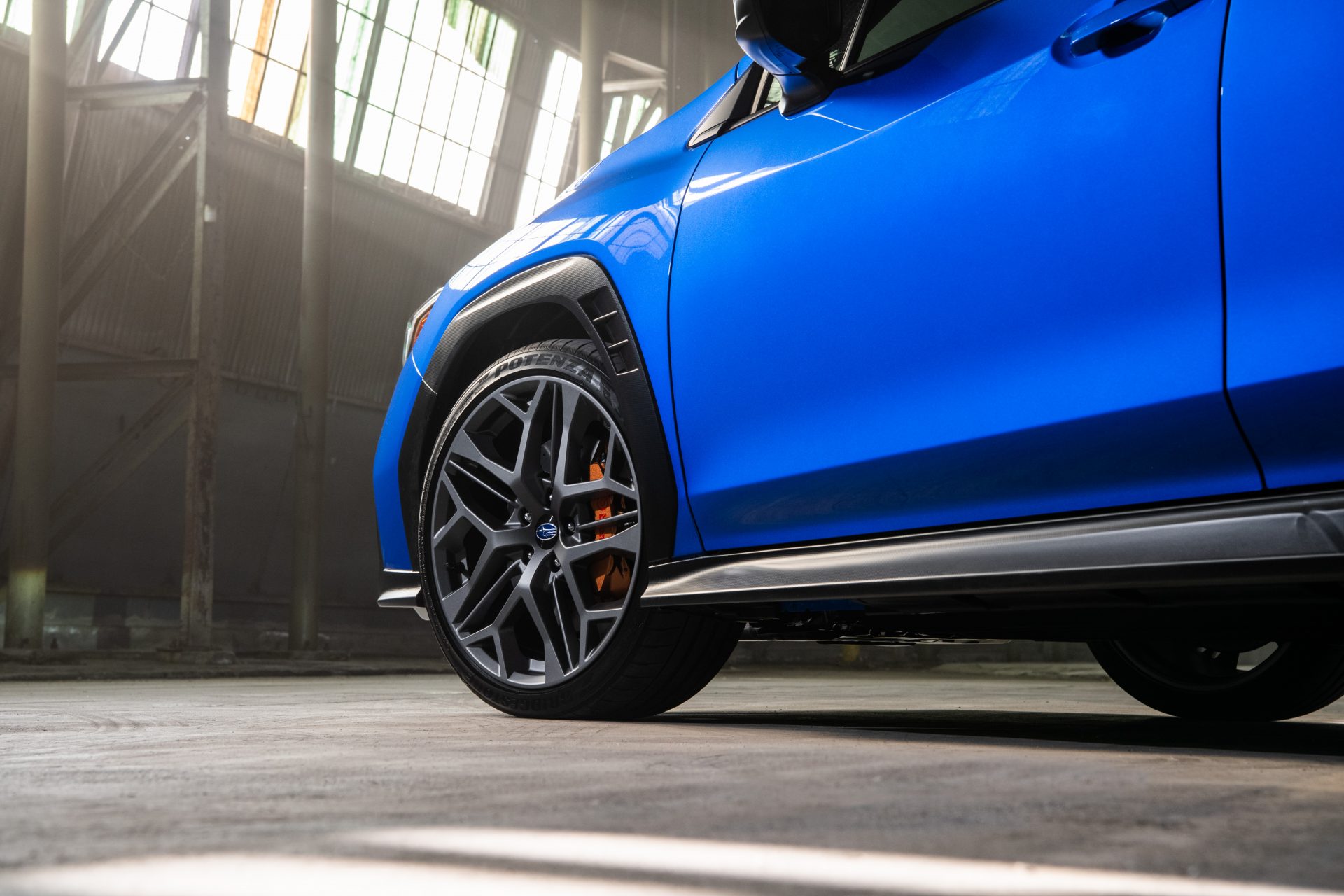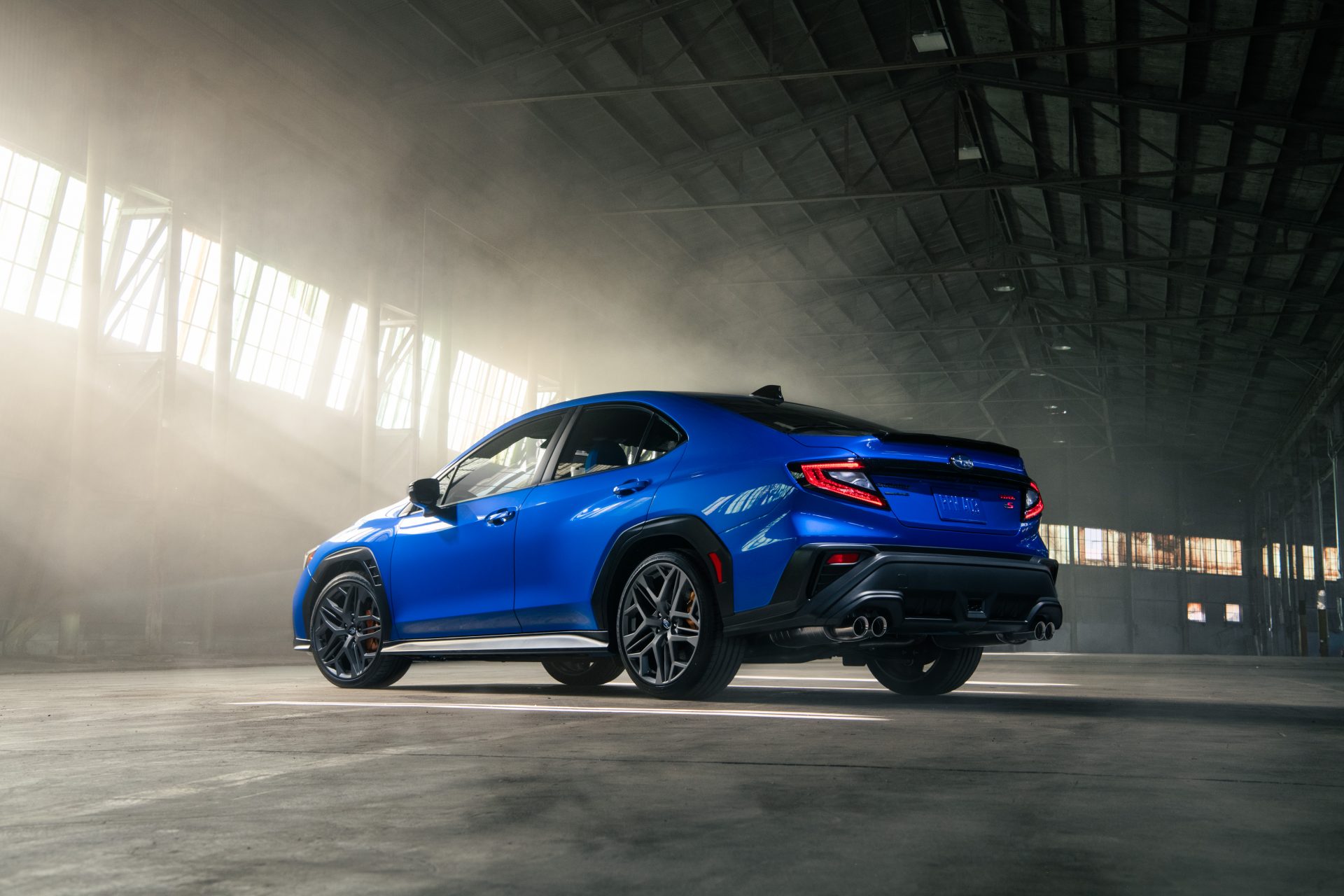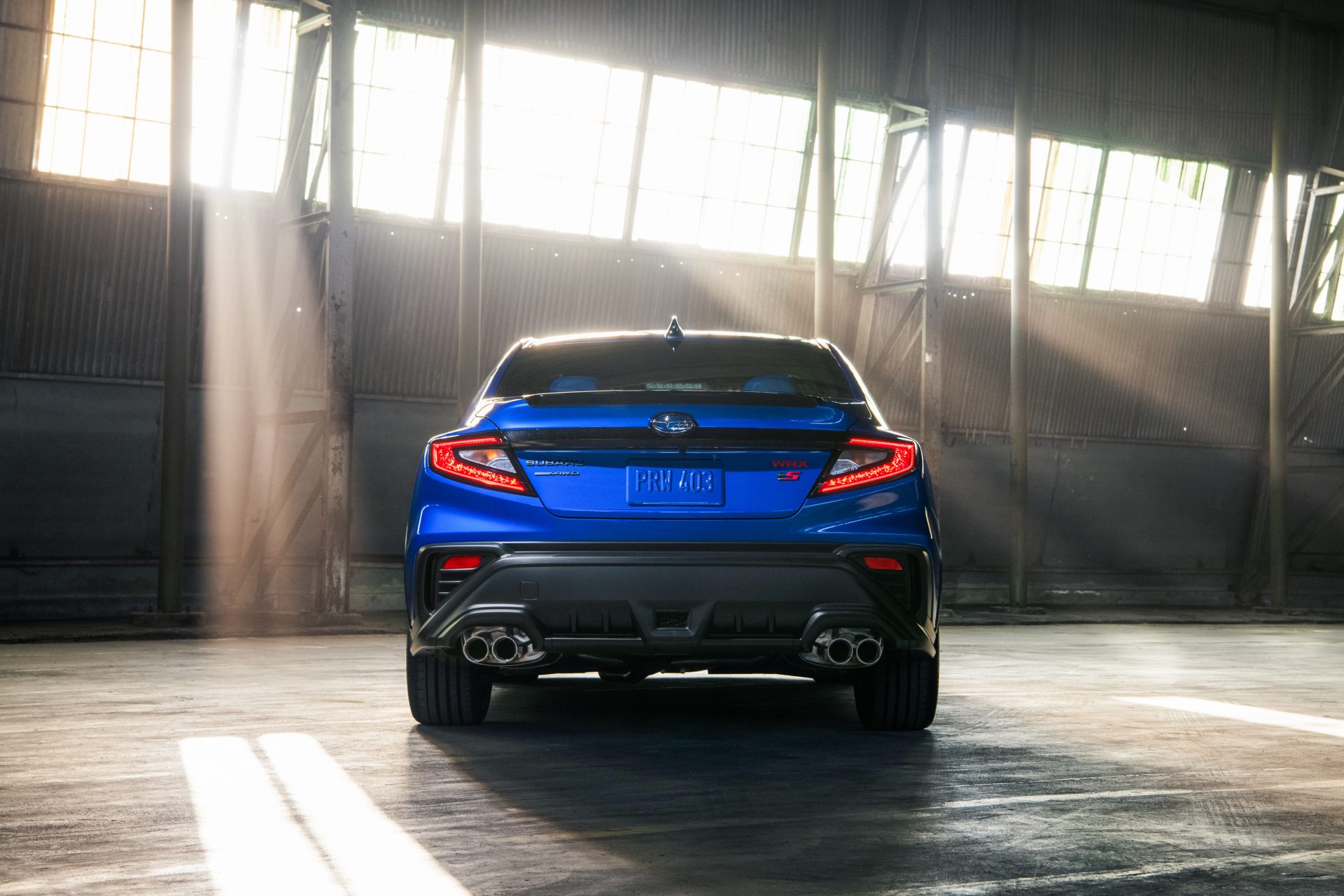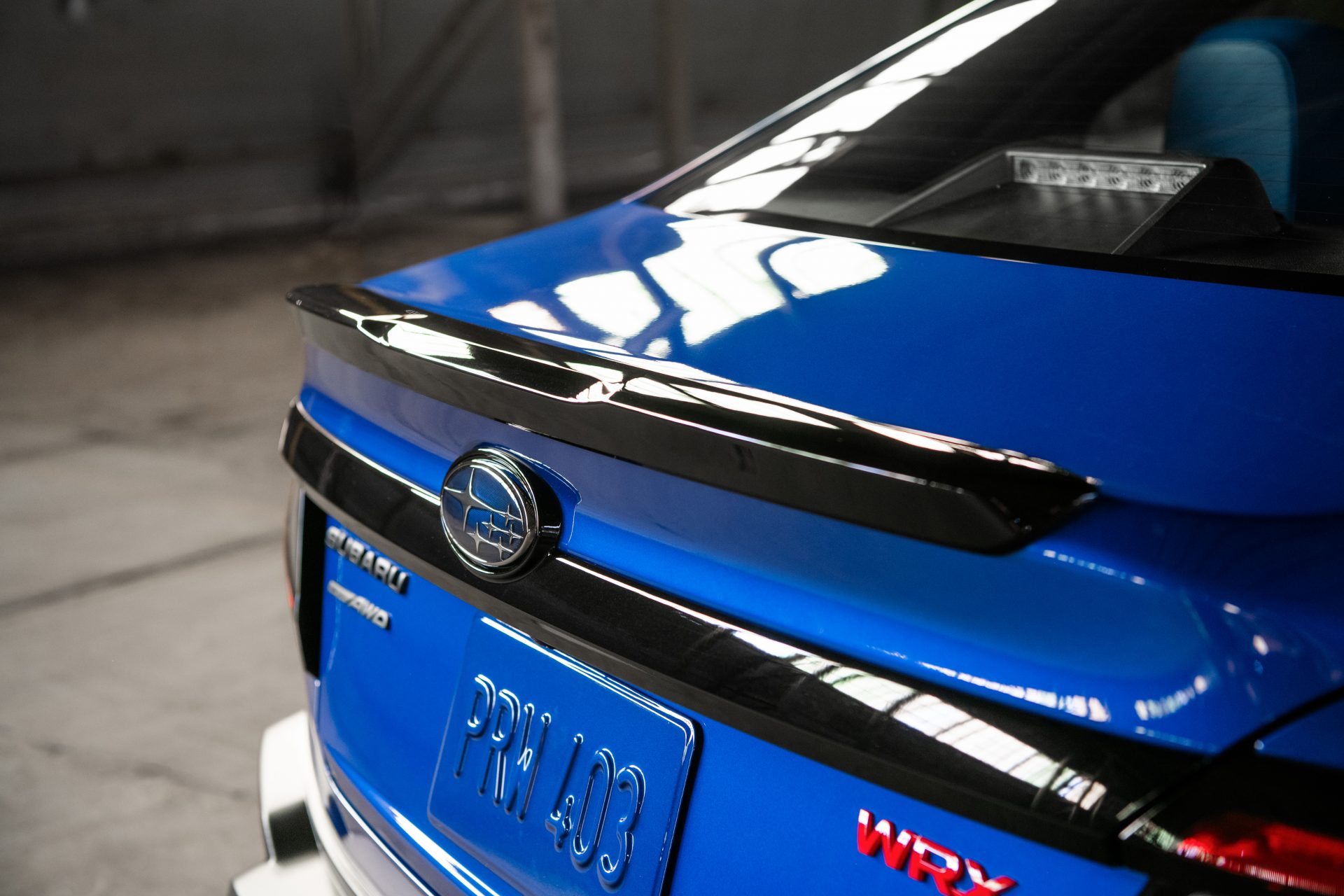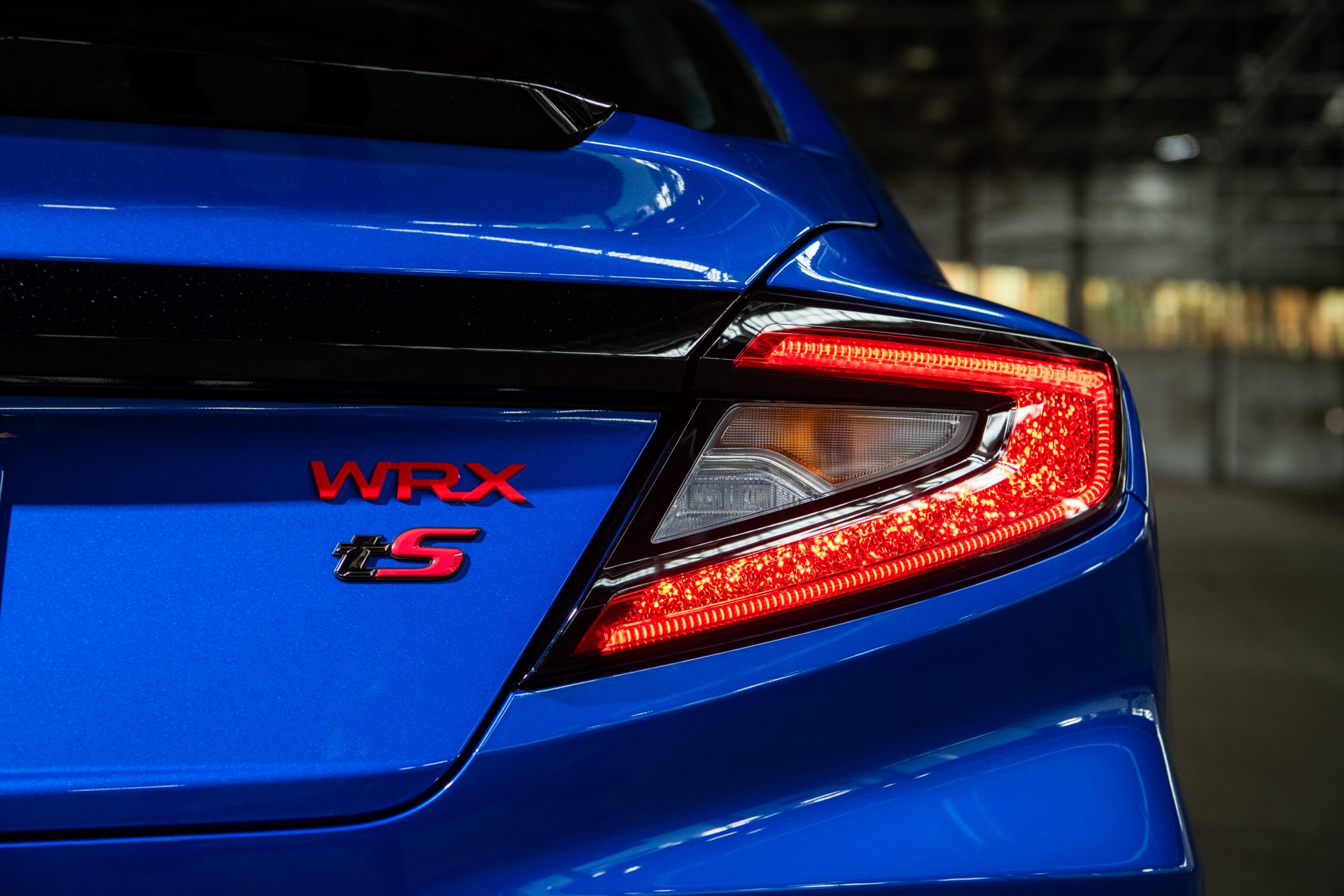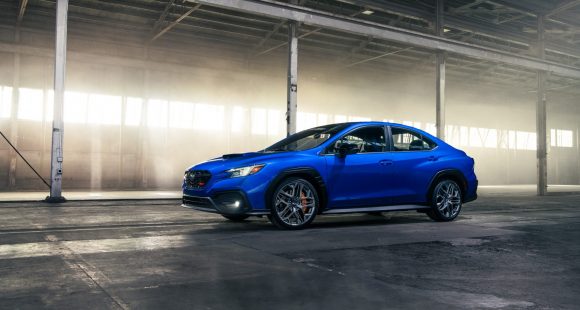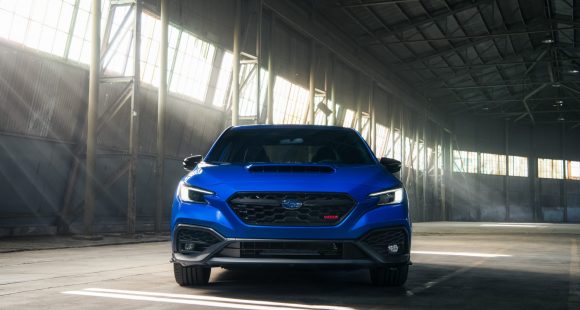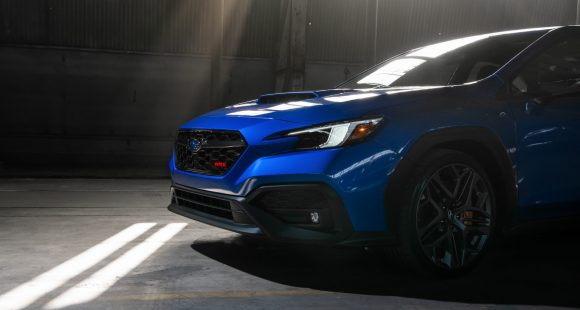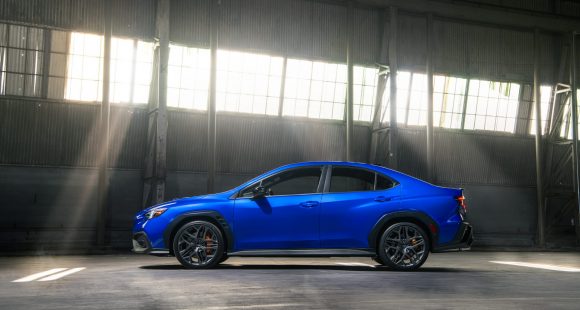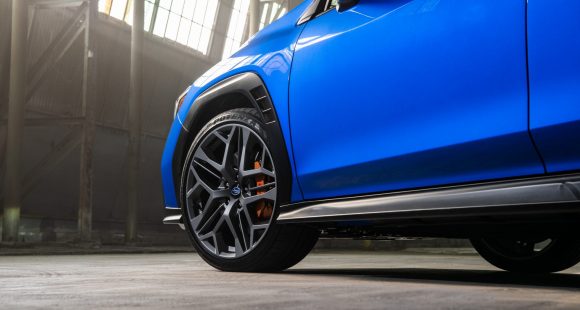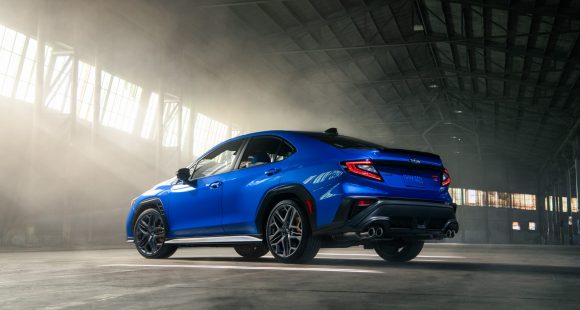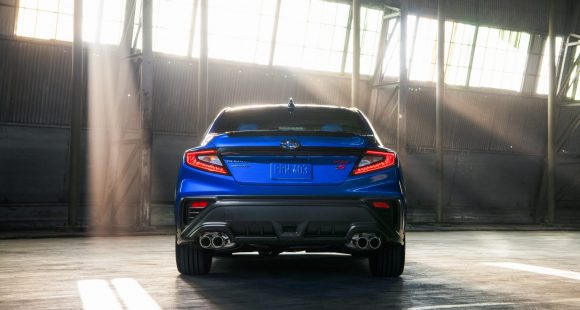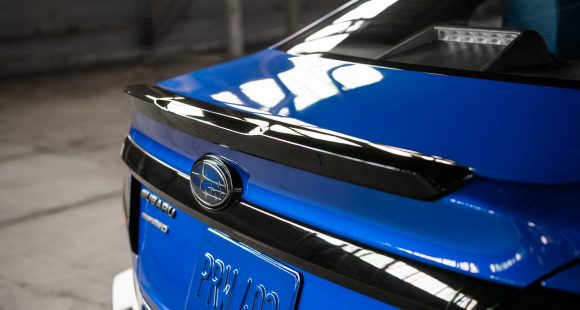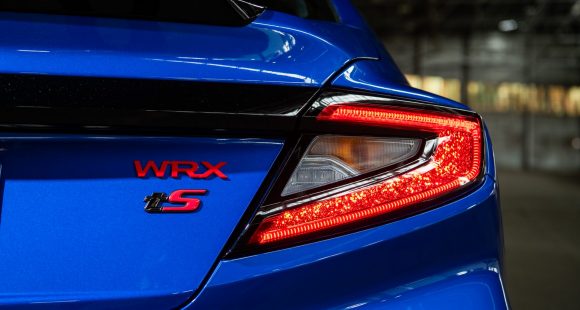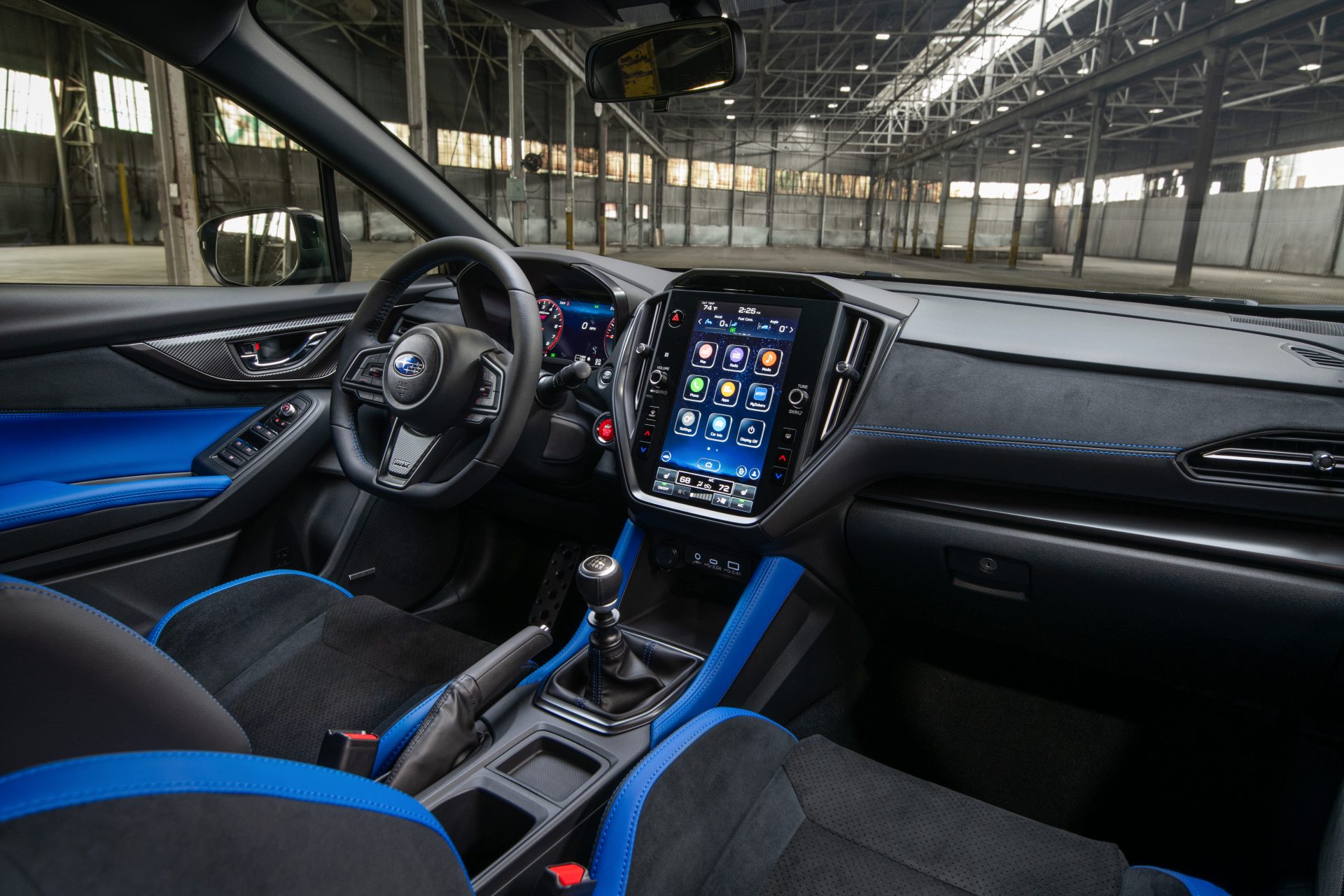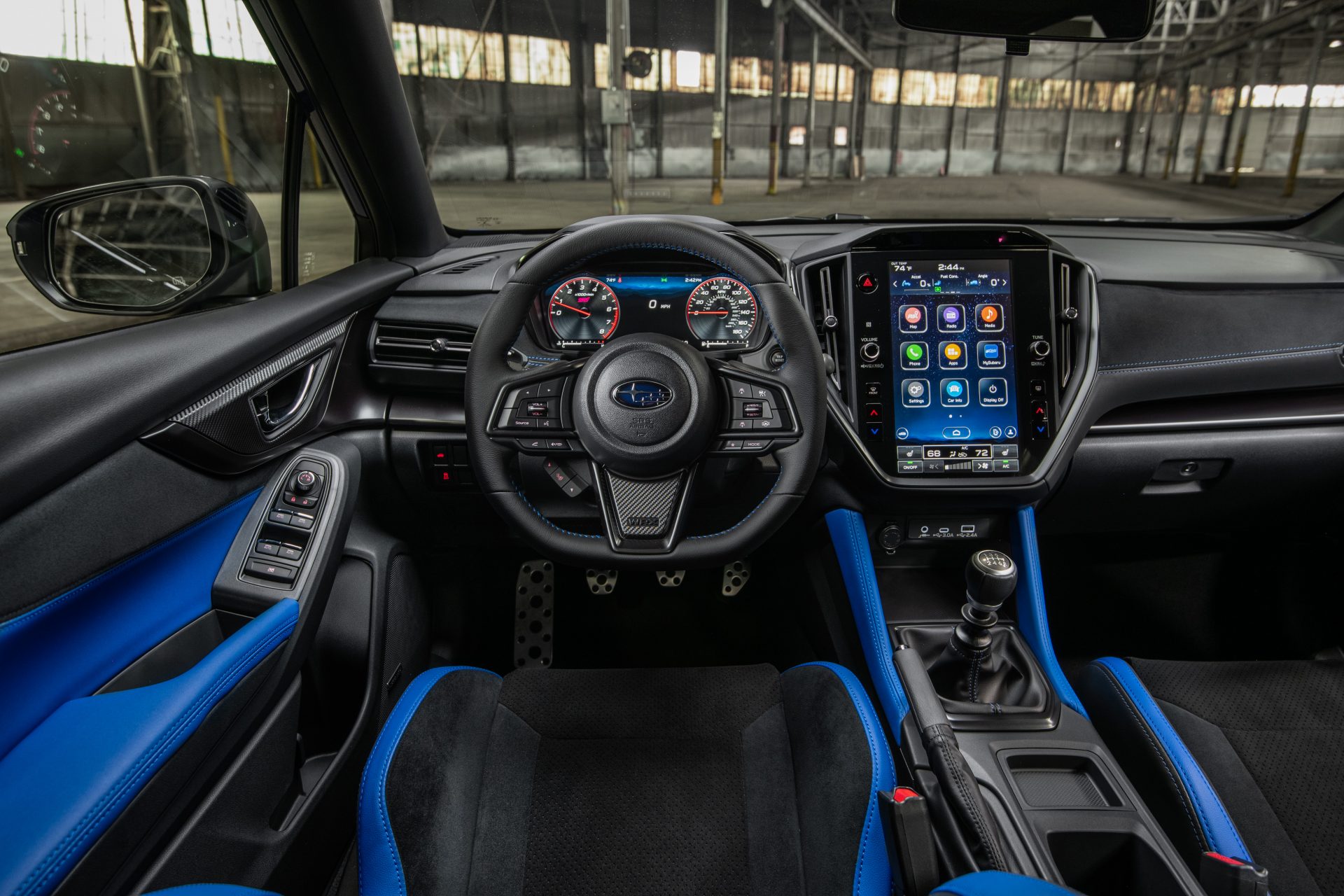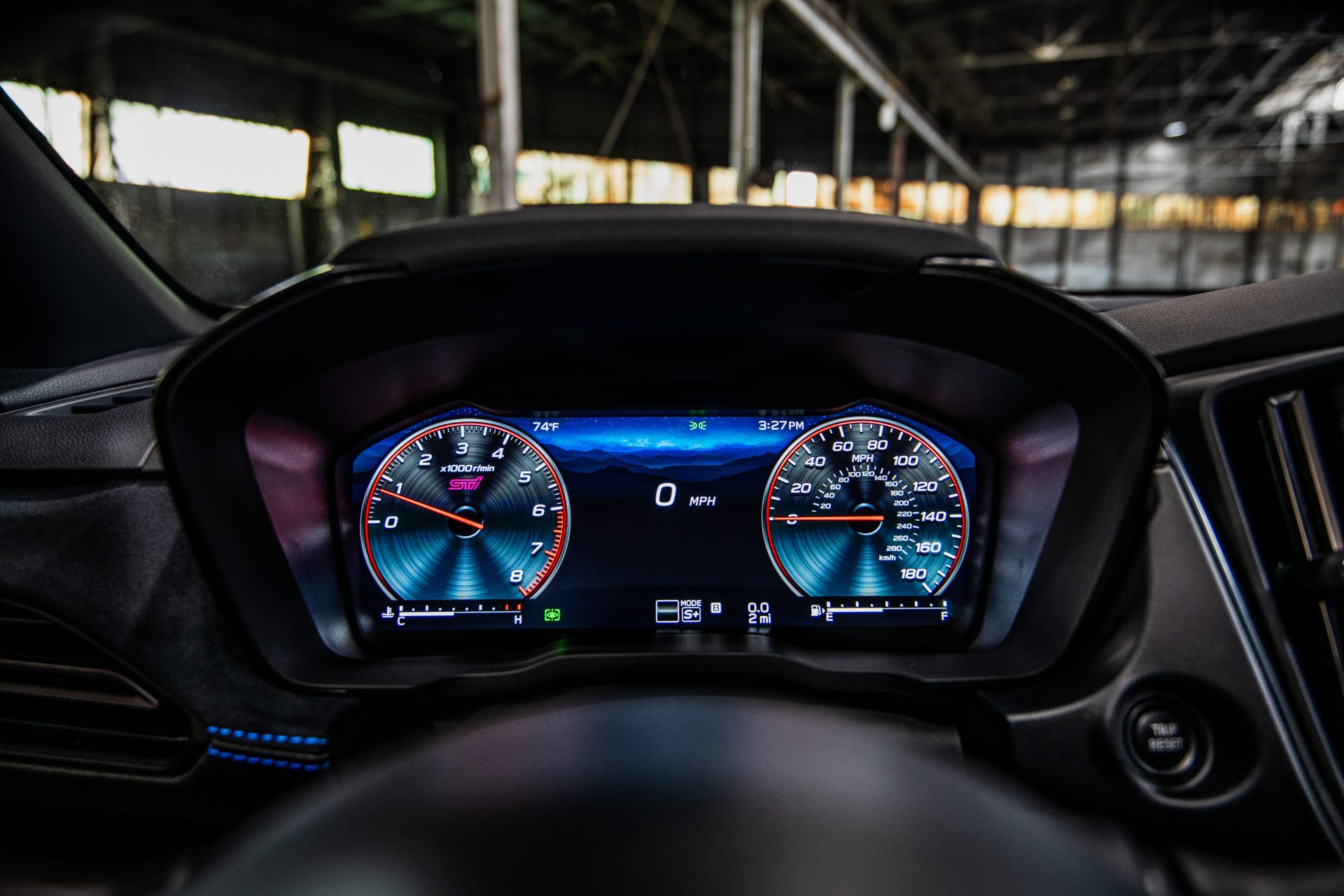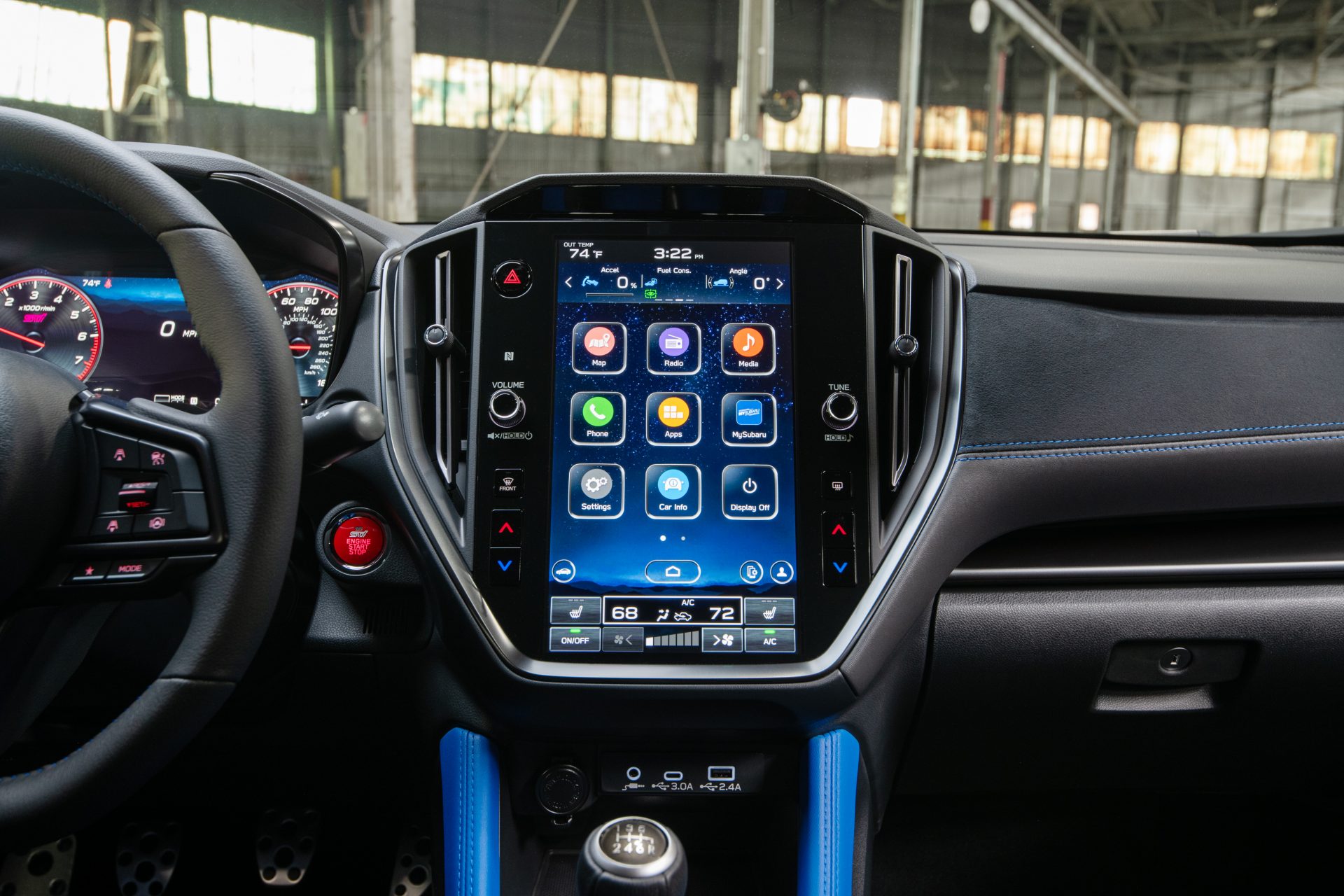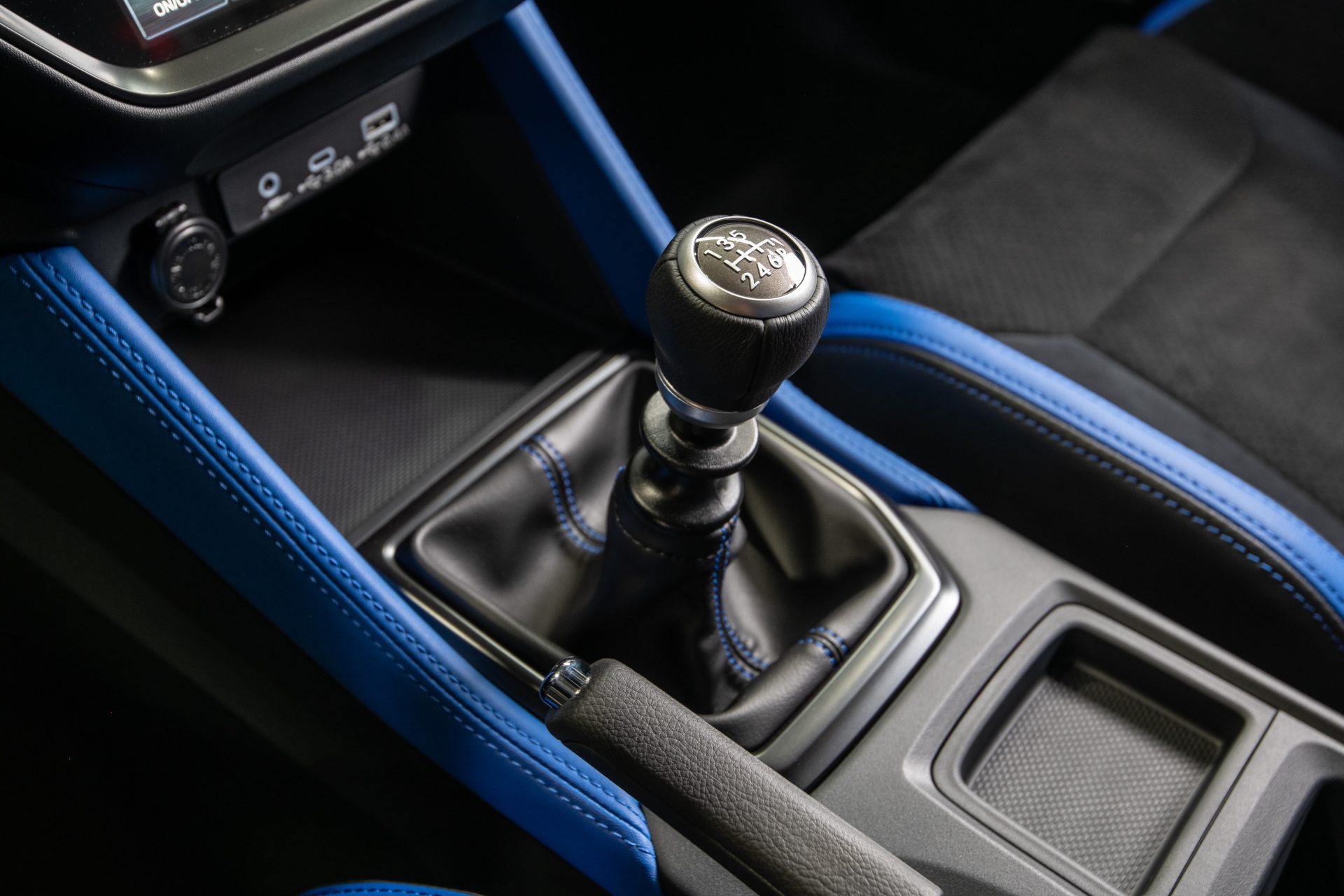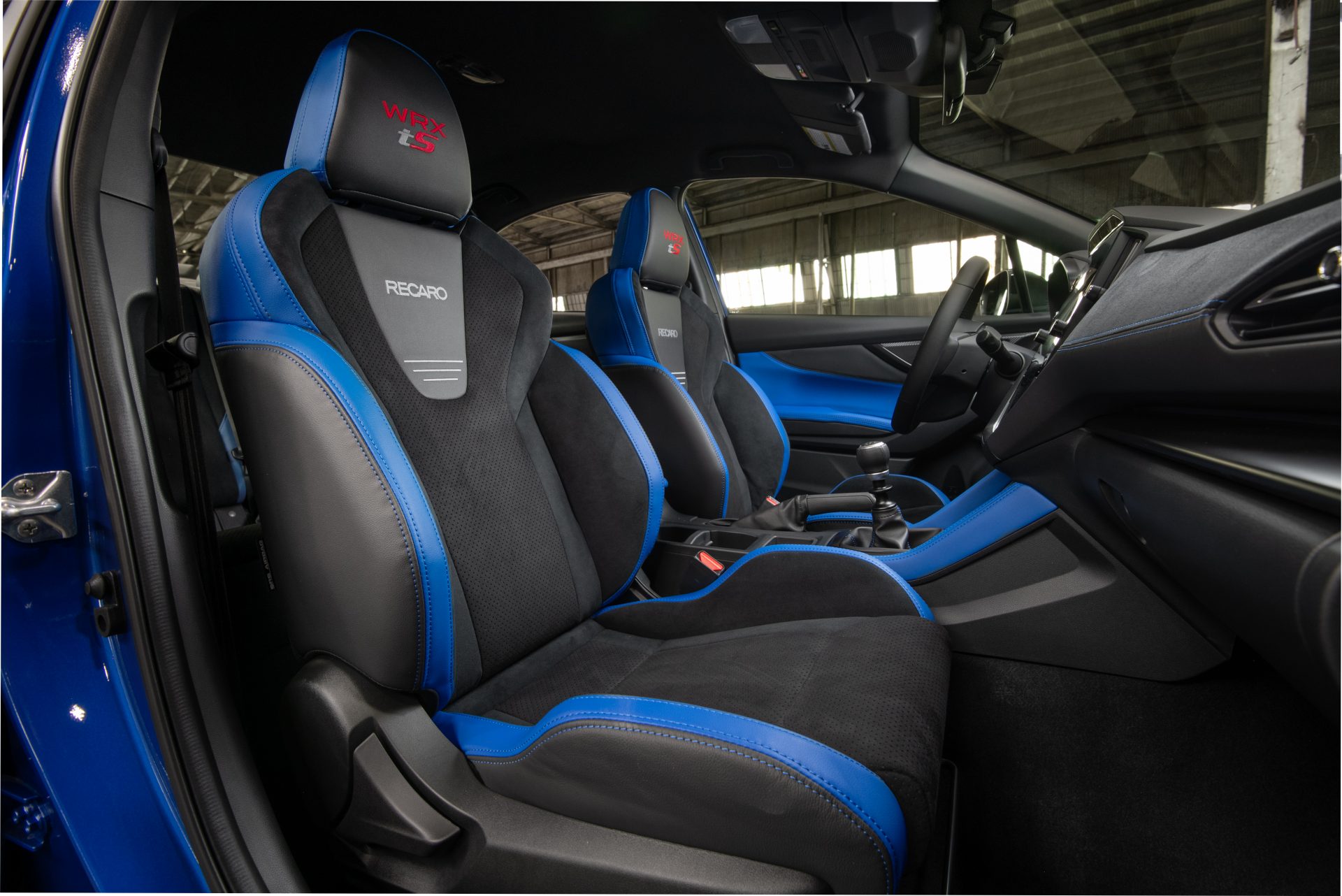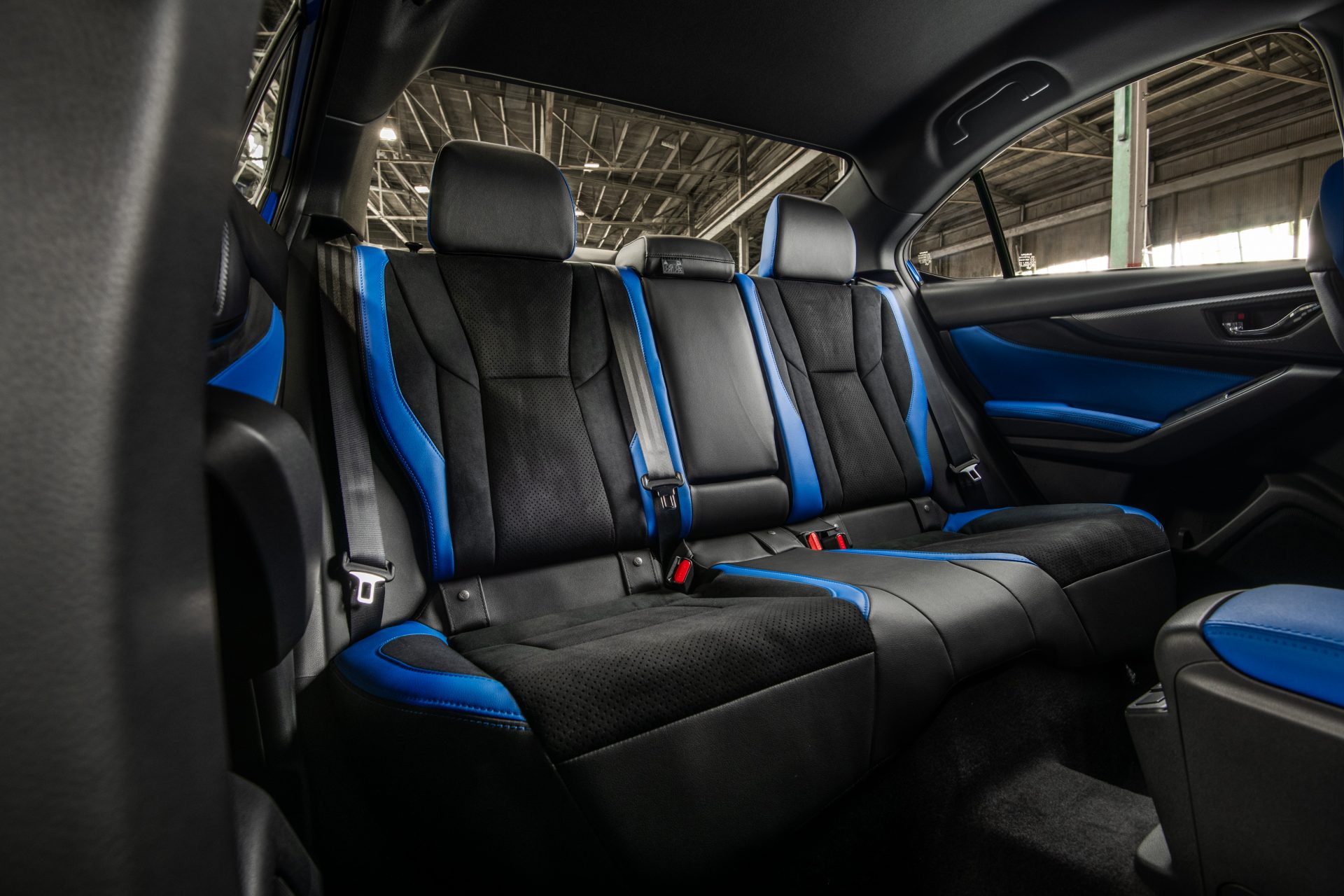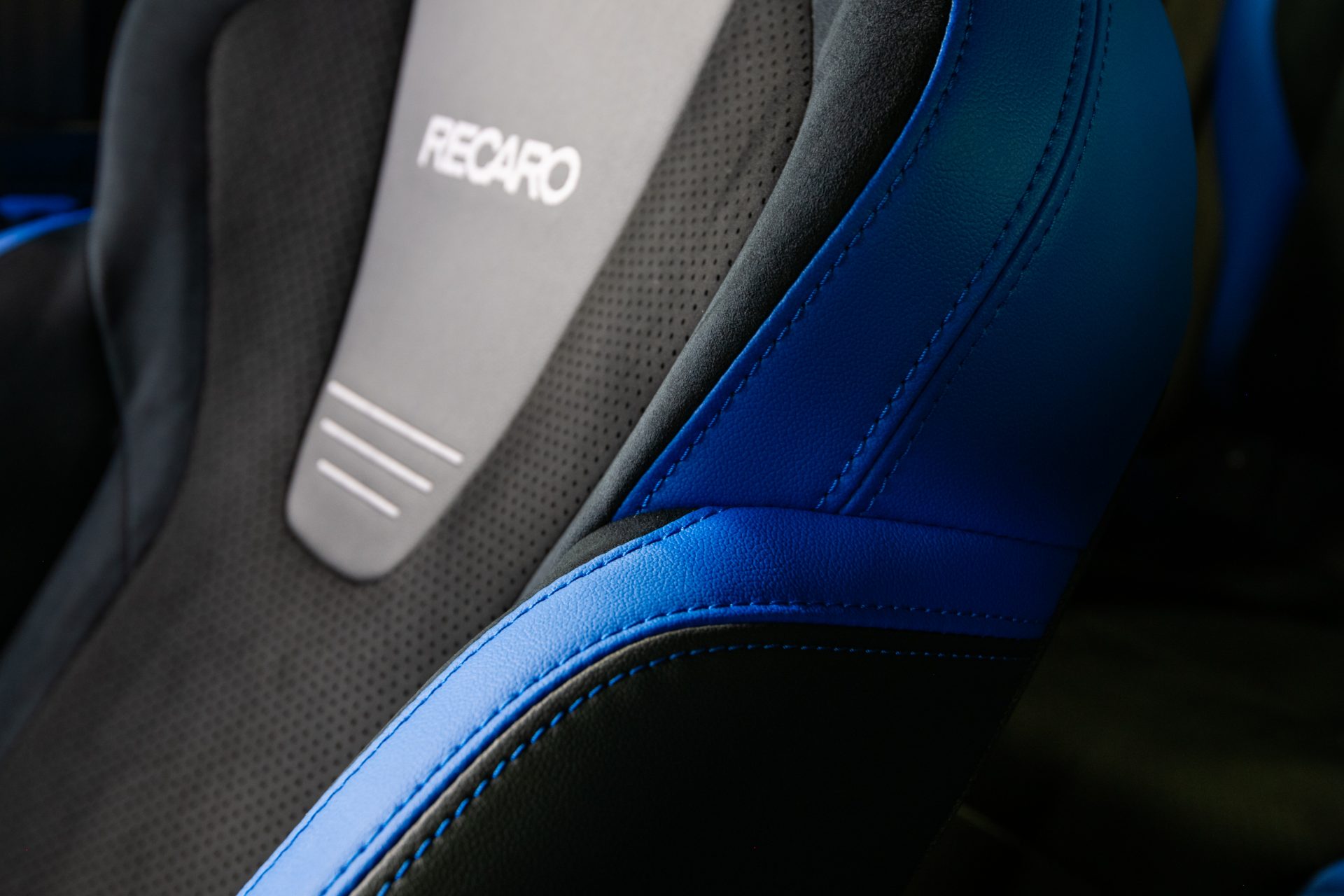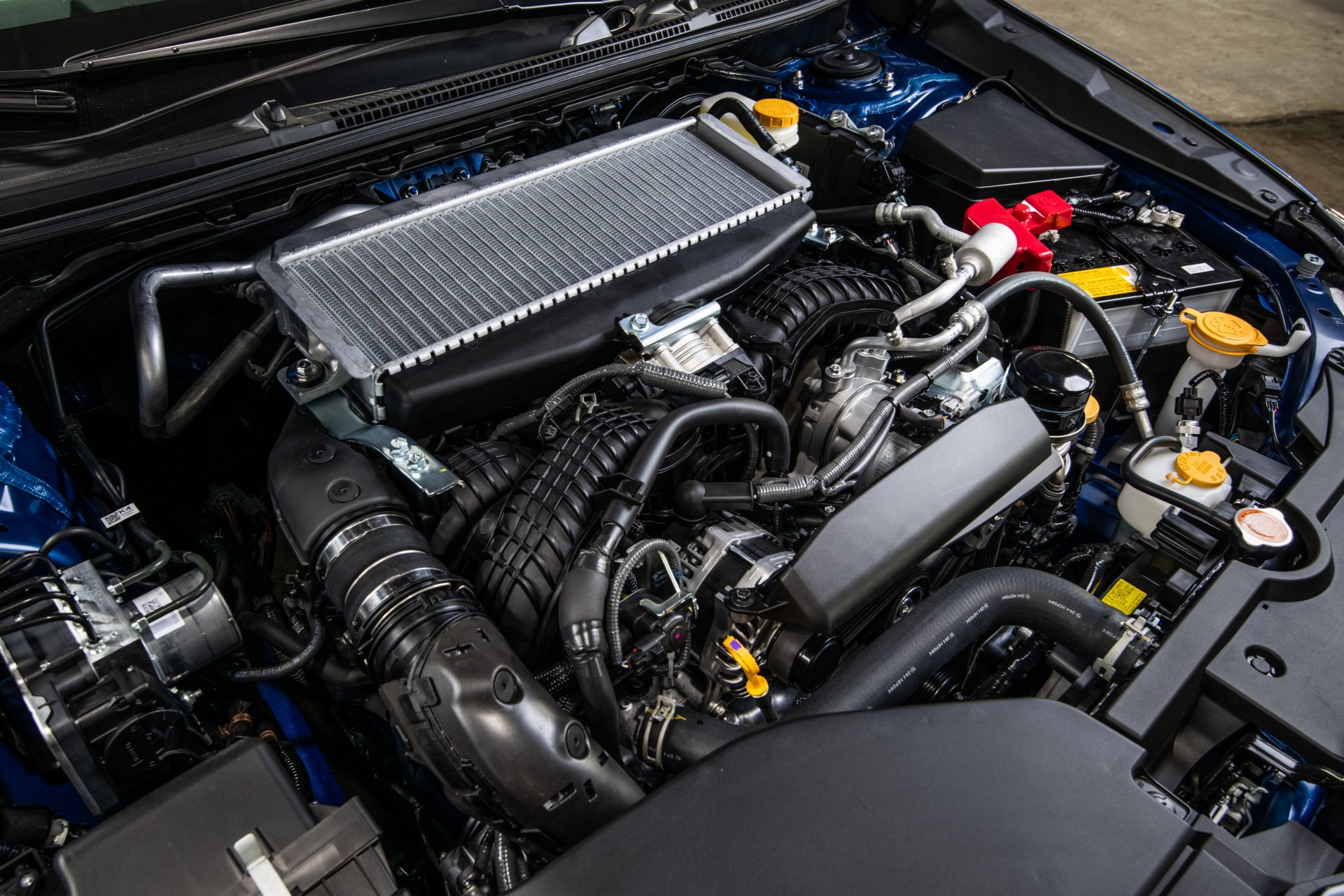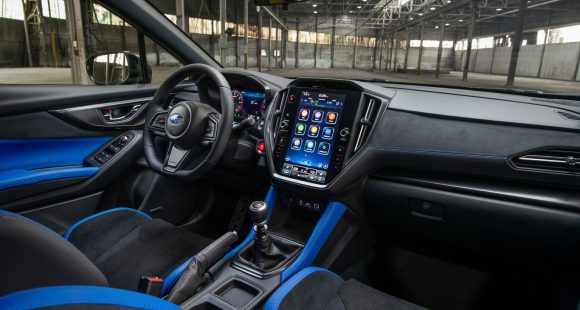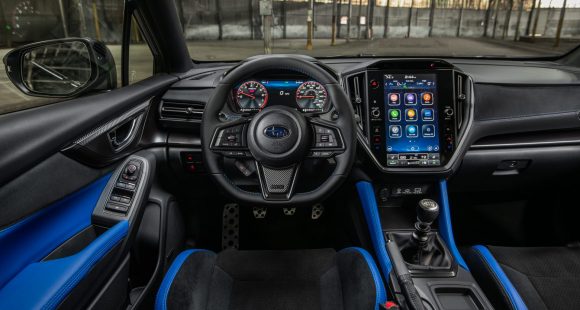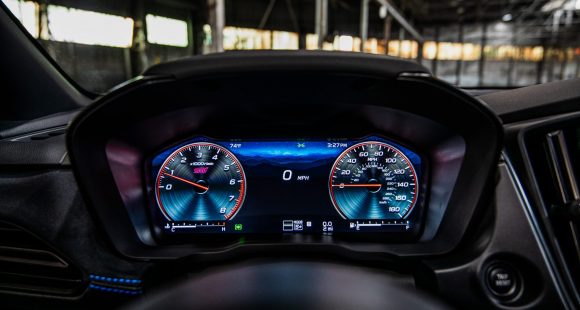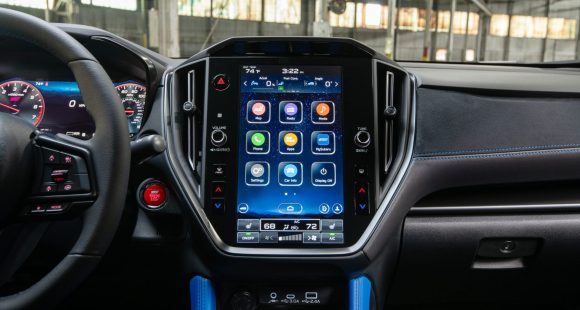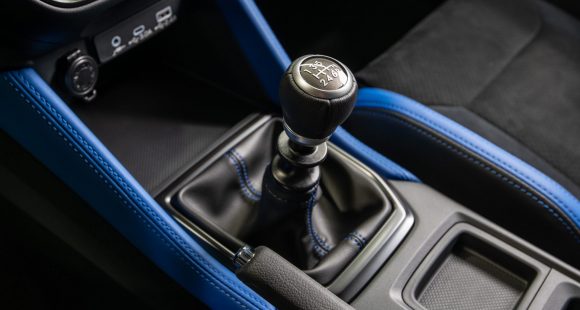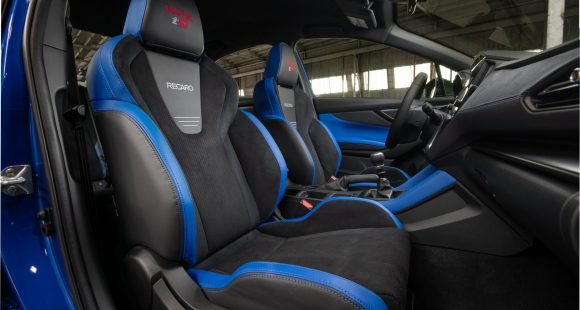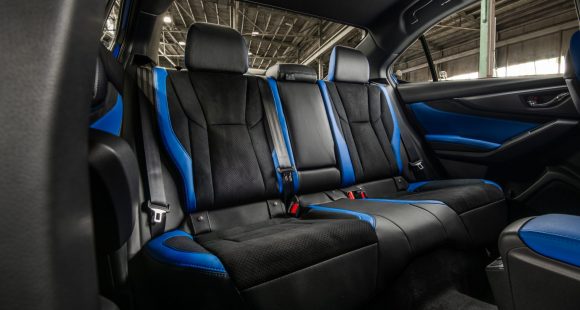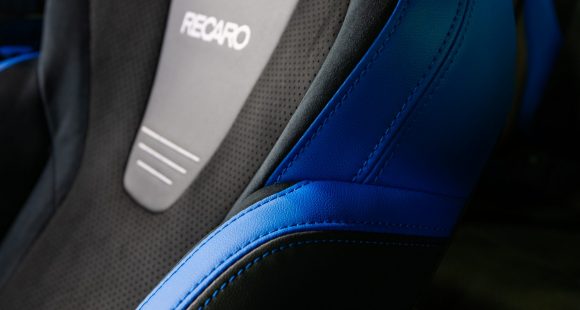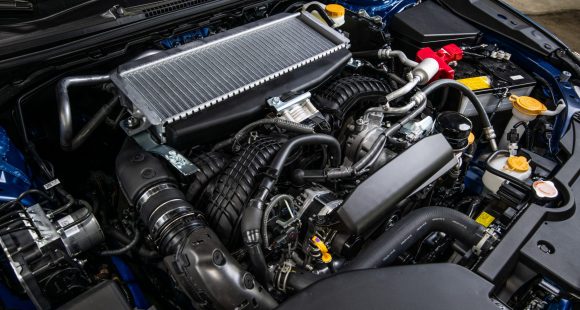2011 Hyundai Equus
Hyundai’s reputation - especially as of late - is based on building affordable vehicles with great value and quality. But now the Korean carmaker is taking that formula to the large luxury sedan segment. This is the all-new 2011 Equus, and it will compete with flagships from Lexus, Mercedes and others. That’s an astounding goal, but has Hyundai finally bitten off a little more than they can chew?
When Hyundai introduced the Genesis premium mid-size sedan two years ago, we wondered if the value carmaker could compete in a more rarified class. We quickly concluded that it could. Now, to cement its reputation even further as a premium brand, the carmaker brings to market the full-size 2011 Hyundai Equus. As their new flagship, Equus aims to compete with vaulted saloons like the Lexus LS, and even the Mercedes-Benz S-Class. Equus will attempt to do so by delivering all the bells and whistles affluent buyers expect, but at a much more affordable price point. But, right off the bat, targeted buyers may have two reservations. One, the full-line Hyundai badge itself, and two, the car’s overly conservative styling. It looks bland even compared to its hardly earth shaking rivals. Except for a Bentley-like rear end, there isn’t much to attract an exclusive eye to the Equus. Still, the big sedan does exude sophistication with a Genesis-like front fascia and a flowing greenhouse and roofline for an almost presidential profile.
But there’s also a hint of sportiness here, thanks to brawny rear shoulders, 19-inch chrome alloys, and dual exhausts. Things improved when we stepped inside its executive cabin. It’s spacious, with well laid out controls amid nicely done wood trim. But there’s still an air of cost containment, from the plain gauges, to an abundance of hard plastics, to even the unremarkable face of the analog clock. On the other hand, a lot that’s optional on rivals is standard on Equus.
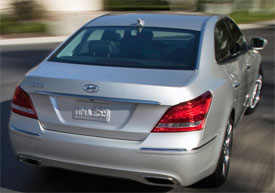 Base Signature trim includes front seats that are very comfortable and supportive, with heat, ventilation, and even driver’s side massage. A class first. Likewise, there’s heat for the wood and leather-wrapped steering wheel. Other standard luxuries include dual automatic climate, navigation, back-up camera and a 17-speaker Lexicon stereo. And get this, an Apple iPad owner’s manual! Comfort extends to the enormous rear seats with sunshades and the only
Base Signature trim includes front seats that are very comfortable and supportive, with heat, ventilation, and even driver’s side massage. A class first. Likewise, there’s heat for the wood and leather-wrapped steering wheel. Other standard luxuries include dual automatic climate, navigation, back-up camera and a 17-speaker Lexicon stereo. And get this, an Apple iPad owner’s manual! Comfort extends to the enormous rear seats with sunshades and the only
standard power recliners in its class. A three passenger heated split bench is standard, with Ultimate Trim dividing it into two individual seats, and adding massage, a console refrigerator, and DVD system.
All seats fold, adding nicely to the Equus’ generous 16.7 cubic foot trunk space. Based on the Genesis sedan platform, the Equus is powered by the same 4.6-liter variable-timing V8, good here for 385 horsepower and 333 pound-feet of torque. Power moves to the rear wheels through a six-speed automatic with manual shift mode. On the track, our Equus charged from 0 to 60 in a fast 6.1 seconds, and cleared the quarter mile in 14.6 seconds at 99 miles per hour. Equus feels powerful off the line, but not overwhelmingly so. Power delivery builds nicely, and is quite smooth. Shifts, too, were smooth, but a little slow. Driving dynamics are governed by front and rear multilink geometries. And the electronically-controlled air suspension with Continuous Damping Control includes height-adjustable and driver-selectable Sport mode. And through the cones, with Sport mode on, the Equus feels acceptably capable, and trimmer than it actually is.
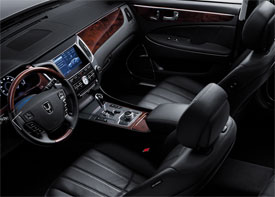 Understeer is always present, as is a fair amount of body roll. The steering is light and linear, but with little feedback. We give it better overall marks than the Lexus LS, but it doesn’t come close to the caliber of a German sedan. Equus stopping power is solid. With large vented discs at all four corners, the 4,500-pound Equus managed 60 to 0 in a good 127 feet. So, while overall, Equus performance seems unremarkable, as a first effort, it’s still very notable. On public roads, the Equus is more than competent. It’s very quiet and smooth, maybe a little too smooth. There are no ragged edges about this car’s performance.
Understeer is always present, as is a fair amount of body roll. The steering is light and linear, but with little feedback. We give it better overall marks than the Lexus LS, but it doesn’t come close to the caliber of a German sedan. Equus stopping power is solid. With large vented discs at all four corners, the 4,500-pound Equus managed 60 to 0 in a good 127 feet. So, while overall, Equus performance seems unremarkable, as a first effort, it’s still very notable. On public roads, the Equus is more than competent. It’s very quiet and smooth, maybe a little too smooth. There are no ragged edges about this car’s performance.
But then there isn’t much to get excited about either. Government Fuel Economy ratings for the Equus are 16 city/24 highway on premium gas. We achieved 21.6 miles per gallon in real world driving. The Energy Impact Score is a fairly high 18 barrels of oil consumed per year. The Carbon Footprint measures a similar 9.8 annual tons of CO2 emitted.
But here’s the kicker…the Equus Signature starts at $58,000. That’s about $8,000 less than an LS, and $30-grand less than the cheapest S-Class. The Hyundai Equus Ultimate stickers for $64,500. The 2011 Hyundai Equus is an ambitious effort, and it’s a bargain. Still, for clientele to whom status and prestige are just as important as the accouterments, the biggest hurdle for Hyundai may be the brand itself. However, we can easily see other buyers viewing the Equus as a way to play big without breaking their 401(k). And even if this Equus isn’t a hit at the country club, Hyundai has the patience to make sure the next one will be.
Specifications
- Engine: 4.6-Liter Variable-timing V8
- Horsepower: 385
- Torque: 333 Lb Feet
- 0-60 MPH: 6.1 Seconds
- 1/4 Mile: 14.6 Seconds @ 99 MPH
- 60-0 MPH: 127 Feet
- EPA: 16 MPG City/ 24 MPG Highway
- Mixed Loop: 21.6 MPG
- Energy Impact 18.0 Barrels Oil/Yr:
- CO2 Emissions: 9.8 Tons/Yr
2025 Subaru WRX tS
Subaru’s “World Rally eXperimental” Gets Tecnica-Tuned Tech
Building on its global rally heritage, WRX has been a standalone Subaru nameplate, marketed separately from garden variety Impreza, for two generations now. And while the current WRX still lacks the full STI treatment, this WRX tS serves up some of that high-performance spice we’ve been longing for.
Before we go flat out into our Track Test of this 2025 Subaru WRX tS, lets open the Subaru dictionary so we’re all on the same page. “tS” stands for “tuned by STI;” and “STI” is an acronym for “Subaru Tecnica International,” the brand’s high-performance sub-group best known for upgrading the WRX— oh, that stands for “World Rally eXperimental,” in case you didn’t know.
All that said, STI has been largely dormant for this WRX generation, but this tS sprinkles more of their engineering magic into the mix. No, that doesn’t mean extra power, but does mean significant chassis-related improvements.
First, electronically controlled dampers, adjustable through the 11.6-inch tablet-style infotainment screen. That meant a softer “comfort” mode on the 10+ hour commute to and from Savannah’s Roebling Road Raceway. But once we were there, it was the firmer “Sport+” setting all the way, heightening response from the WRX’s throttle and already quick dual-pinion power steering system. There’s still some body roll for rally-esque weight transfer, but it’s well sorted and provides the “toss-ability” you want in a WRX.
Though if you do autocross your tS, which we implore you to do, you might feel the six-piston front, two-piston rear Brembo brakes first. The bite is strong, giving good rotation in the corners and plenty of “halt” for this 3,400 lb. compact with minimal fade, keeping us on track all week…until some unfortunate winter weather passed overhead. No worries here, as Subaru’s Symmetrical All-Wheel-Drive system got us to the track for some powdered deserts: Frosted donuts served up Michelin style, a set of winter tires different from the grippy Bridgestone Potenza S007 rubber the tS typically rides on. Some prior hot laps of California’s Sonoma Raceway gave credence to those Bridgestones, and showed us what this hot-compact can do in ideal conditions.
It’s well sorted and provides the “toss-ability” you want in a WRX.
Other tS enhancements are cabin-based, namely these beautiful blue Recaros. Most of our staff appreciated their moderately-aggressive bolstering on both street and track. And they’re even heated, too. Another tS-only appointment is this 12.3-inch digital gauge display. It mimics the standard analog gauges with some additional info, but can switch to a navigation mode for more convenient route guidance.
We do wish our tS came in the new Galaxy Purple or the trademark World Rally Blue, but this Crystal White paint wasn’t too shabby, contrasting its Cherry Blossom Red badging and blacked-out lip spoiler. Otherwise, the tS is like any other WRX, down to the hood scoop funneling air to the top-mounted intercooler.
Underneath is the same turbocharged 2.4-liter flat-four in all other trims, boxing at 271 horsepower and 258 lb-ft of torque. The freak winter weather stopped straight-line testing, but a 0-60 time estimate of 5.5 seconds is about as spry as you realistically need, pulling strong through most of the tach; though the 6,000 RPM redline required attentive shifting of the six-speed box, which the tS comes exclusively with. The throws are precise, if a little long, and the clutch is wonderfully weighted.
With discontinuation of the Base trim, pricing for the WRX now starts with Premium at $36,920. The tS is at the top of the lineup with the automatic-only GT, both starting at $46,875. All WRXs continue to be made in Gunma, Japan.
If you’re an enthusiast itching to do the tuning yourself, perhaps the 2025 Subaru WRX tS is not for you. But if you want a plug-and-play experience, this is it. While it won’t exactly bestow the loose-cannon, top-level driving skills exhibited by famous WRC drivers upon you, the tS moves this WRX’s game in a direction we’ve so desperately wanted Subaru to take.
Specifications
As Tested
- Engine: 2.4-liter flat-four
- Tranmission: 6-speed manual
- Horsepower: 271
- Torque: 258 lb-ft







